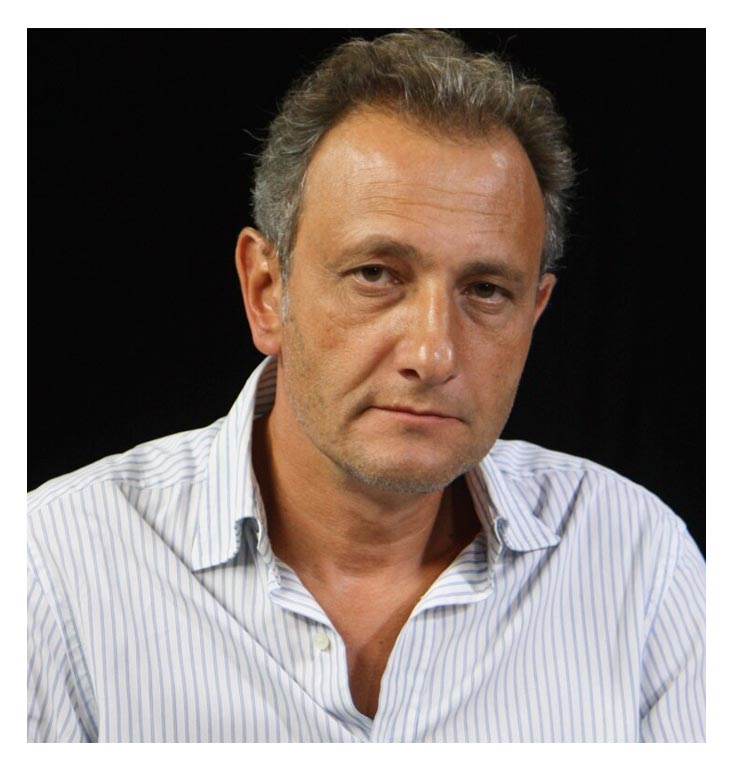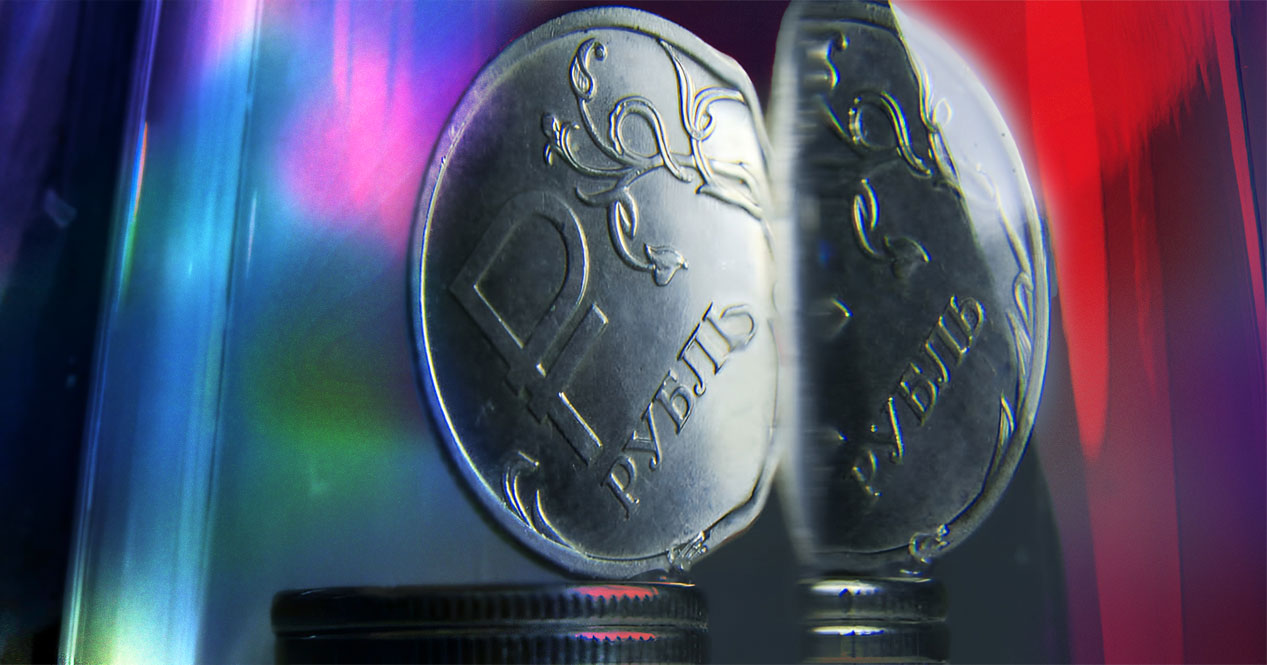 What a bizarre kaleidoscopic pattern the final indicators and figures of 2024 form! Their common trait is that they grow like mushrooms in the Chernobyl forest, not at all what a person needs. At least not an ordinary, average person.
What a bizarre kaleidoscopic pattern the final indicators and figures of 2024 form! Their common trait is that they grow like mushrooms in the Chernobyl forest, not at all what a person needs. At least not an ordinary, average person.
Through the inhuman efforts of statisticians, inflation on average has been kept within a single-digit figure of 9.52%. However, fruit and vegetable products have risen in price by 22.9%. Services by 11.52%. Within consumer inflation, butter set a record at 36.23%. Basic food products, whether for Patrushev and Sechin or grandmothers from a five-story building in Biryulyovo-Tovarny, have grown quite impressively: milk and dairy products (15.74%); bread and bakery products (13.22%); sunflower oil (12.69%).
Elvira Nabiullina is not to blame here. Without her high rate, the pace of price growth would have spiraled into hyperinflation. The problem is that «but we make rockets»— over three years, the country's defense budget has almost doubled. And the iron law of economics states that if you spend too much money from the budget and do so consistently and for a long time, then inflation will be both high and, worst of all, prolonged, if not chronic. Especially if these expenses are unproductive—on the production of military hardware and the well-being of people with weapons, batons, and sledgehammers.
Such inflation mainly hits the lower-middle classes. For the upper-middle classes in Putin's economic model, everything seems to be fine, especially in the capital: in 2024, sales of premium-class apartments increased by 43% compared to 2023 (according to calculations by the elite real estate agency Whitewill). The price per square meter of high-budget housing rose by 19% year-on-year, to 792 thousand rubles. Most likely, these are purchases for themselves, because cheaper apartments are usually rented out. Word of mouth reports that it has become somewhat fashionable, including among family members of SVO fighters, who now, along with other security officials and officials, make up the middle class, to buy apartments, and not just one, in New Moscow. People are in a hurry because the price is rising, including the cost of building materials and construction and repair work, and the ruble is not thinking of strengthening, transferring its weakness into the same inflation.
Partly, elite real estate statistics explain a new sociological phenomenon: among those supporting military actions and Putin's policy in general are wealthy citizens and residents of once-liberal Moscow. The social composition of the capital's residents, judging by everything, has changed significantly, including due to the departure of representatives of the intellectual class (because of which some restaurants and cafes were forced to reformat for another consumer). And these people can hardly be called Muscovites in the proper sense of the word.

Another layer, less successful and adaptive, hardly able to buy a couple of meters of luxury apartment, suffering from the sight of the homeland's savagery, demonstrated statistics of a different kind. According to the analytical company DSM Group, retail sales of antidepressants from January to November 2024 increased to 16.1 million packages, which is 16.8% more than in the same period of 2023. Even though in 2023 there was already an increase in the consumption of these specific medications compared to 2022. The country's president recently noted that he has started smiling less, although his mood during public events doesn't show it. But the citizens of Russia, who are contributing to the million-growth in antidepressant purchases, have certainly stopped smiling.
Overall, prices for medicines in December 2024 compared to December 2023 increased by 10.61%. There is no particular shortage, it must be admitted, but sometimes rare medicinal products disappear—those without substitutes, sometimes, for example, anesthesia disappears in hospitals, and there has been no alcohol in pharmacies for a long time. Everyone has gone to the front...
GDP growth, production, real incomes, where wages make up the main share—are not evidence of the health of the economy, but of its skewed structure. Payments to those going to the front are also GDP growth, as is the production of «finished metal products» and the increase in wages in sectors directly or indirectly related to what is happening on the battlefields and in the trenches. A country where there is a shortage of doctors and teachers cannot boast of successful development. Because it is measured by the quality of human capital and its life, not its death. (Although the «quality» of death—that is, the classification of its causes also matters and characterizes the state of the state and society.) Under such conditions, it will hardly be possible to talk about an increase in birth rates and a decrease in mortality. The aging of the Russian population is guaranteed—people of older ages do not go to the trenches. But the outflow of the population in the most productive ages is both an objective and a man-made problem. Meanwhile, the productive age is also reproductive. Accordingly, there is no source for a significant increase in birth rates.
In the case of GDP, the quality of growth matters, not its quantitative indicators. In the case of birth rates, it is not the quantitative indicator that matters, but how conscious the decision of a woman and family to have a child was. At least not for the sake of maternity capital and additional payments. And not to then send the boy to the army or, as the state now demands, to a «college», that is, simply put, to a vocational school. This does not improve the quality of human capital. Nor does the rejection of the Bologna system, announced for 2026. The flow of those leaving to study in the unfriendly West will not be stopped by these measures, but only stimulated.
Where will growth come from in the current year, apart from, of course, the military-industrial complex? Export is definitely ceasing to be a growth driver, and domestic consumption in the face of inflation is a volatile subject. Difficulties are beginning for those businesses that feed, clothe, and shoe people, despite all the state's efforts to reduce these opportunities. According to a survey of top managers conducted in November 2024 by the Institute of National Economic Forecasting of the Russian Academy of Sciences, almost 70% of enterprises are experiencing difficulties due to sanctions (in 2022, there were about 60%).
Problems arise of various kinds, including in parallel imports—payments, logistics, warehouse rentals, and prices here have soared several times, matter. Freight transportation (lack of locomotives and locomotive crews, slowdown of the railway network), road transportation (increased fuel costs, driver shortages)—all these are problematic areas.
Production of metal, electrical, and optical products is growing—on the charts, these are gigantic, like a dinosaur's neck, bars. Pharmaceuticals, food industry, clothing are hanging in the middle, but at least in the positive. Coal, metals, oil and gas extraction, woodworking, textiles, automotive production, and much more are either stagnating or falling. Even the agro-industrial complex, the pride of Putinomics, is slowing down.
The economic system has fallen into the trap of two unequal economies. One thrives in the paradise of state orders, in the spending abundance of defense, security, law enforcement, taking human resources from civilian sectors, pushing inflation, and ensuring ever-decreasing productivity of taxpayer money spending, the other, consumer, survives as best it can, in sanctioned conditions and in the simultaneous clinch of high inflation and high Central Bank interest rates.
2025 is officially the Year of the Defender of the Fatherland. Unofficially, even if you tweak the statistics, it will become the year of stagflation. And most likely, not the last.
* The Russian Ministry of Justice considers Andrey Kolesnikov a «foreign agent».